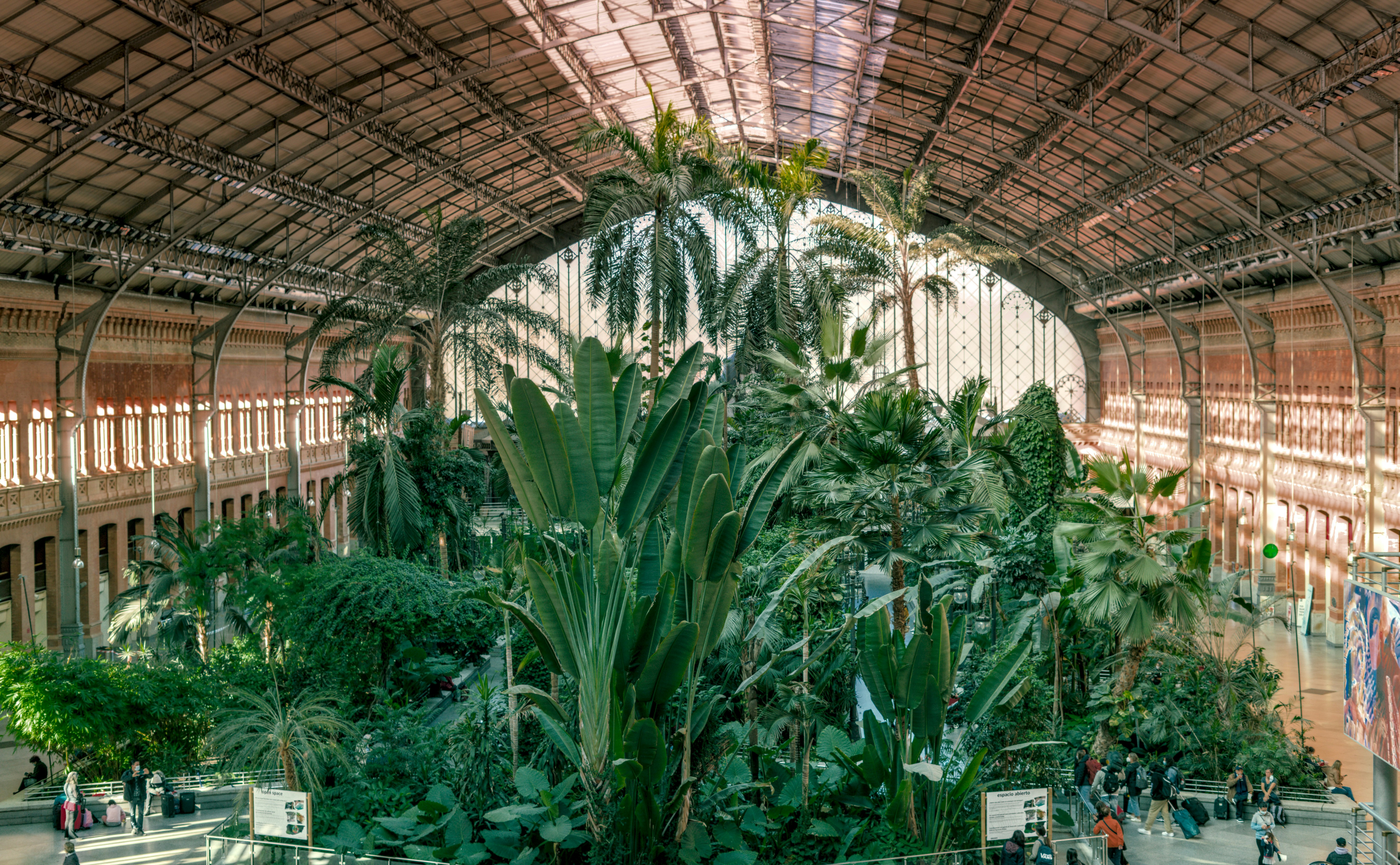The Sociocultural Significance of Urban Farming in Modern Times
A surge of green in the concrete jungle, urban farming is not just a trend—it's a societal shift with profound implications. Discover how this novel movement is transforming our cities, our health, and our connection to nature. Read below to delve deeper.

An Overview of Urban Farming
Urban farming, also known as urban agriculture, refers to the practice of cultivating, processing, and distributing food in or around urban areas. This practice has been around for centuries, but its resurgence in modern times has profound implications. The movement has been fueled by increasing urbanization, a growing awareness of environmental sustainability, and a desire for more locally sourced food.
The Historical Context and Key Sociological Developments
Historically, urban farming has been a response to crises—wars, economic depressions, and food shortages. Victory gardens during World War II are a prime example of this. Today, however, it has evolved into a proactive strategy for sustainable living, urban renewal, and community development. From Detroit’s urban farms revitalizing abandoned lots to rooftop gardens in New York City, urban farming is transforming the way we view our cities and our food.
Current Societal Trends and Cultural Shifts
Today’s urban farming movement is driven by a desire for healthier, more sustainable food options. It addresses the challenges of food insecurity and the environmental impact of conventional farming practices. It’s also a response to the alienation some feel in urban environments, offering a tangible connection to nature and a sense of community.
The Impact of Urban Farming on Modern Society
Urban farming has far-reaching implications. It promotes food sovereignty, environmental sustainability, and community cohesion. Locally grown food reduces the need for transportation, decreasing carbon emissions. Urban farms also act as green spaces, promoting biodiversity and improving mental health. They foster community engagement and provide educational opportunities, helping city dwellers understand the food production process.
A Balance of Depth and Accessibility: The Future of Urban Farming
The future of urban farming is promising. Technological innovations like vertical farming and hydroponics are making it easier to grow food in small spaces. As more people recognize the benefits of urban farming, the movement is likely to continue growing. However, challenges persist, including land access, soil contamination, and regulatory issues. Addressing these will be crucial to the success of the urban farming movement.
Urban farming is more than just a trend—it’s a social, cultural, and environmental revolution happening right in our cities. Its significance lies not just in its potential to transform our food systems, but in its power to reshape our urban landscapes, our communities, and our relationship with nature. As we continue to grapple with the challenges of urbanization and climate change, urban farming offers a fresh, sustainable, and deeply human solution.




